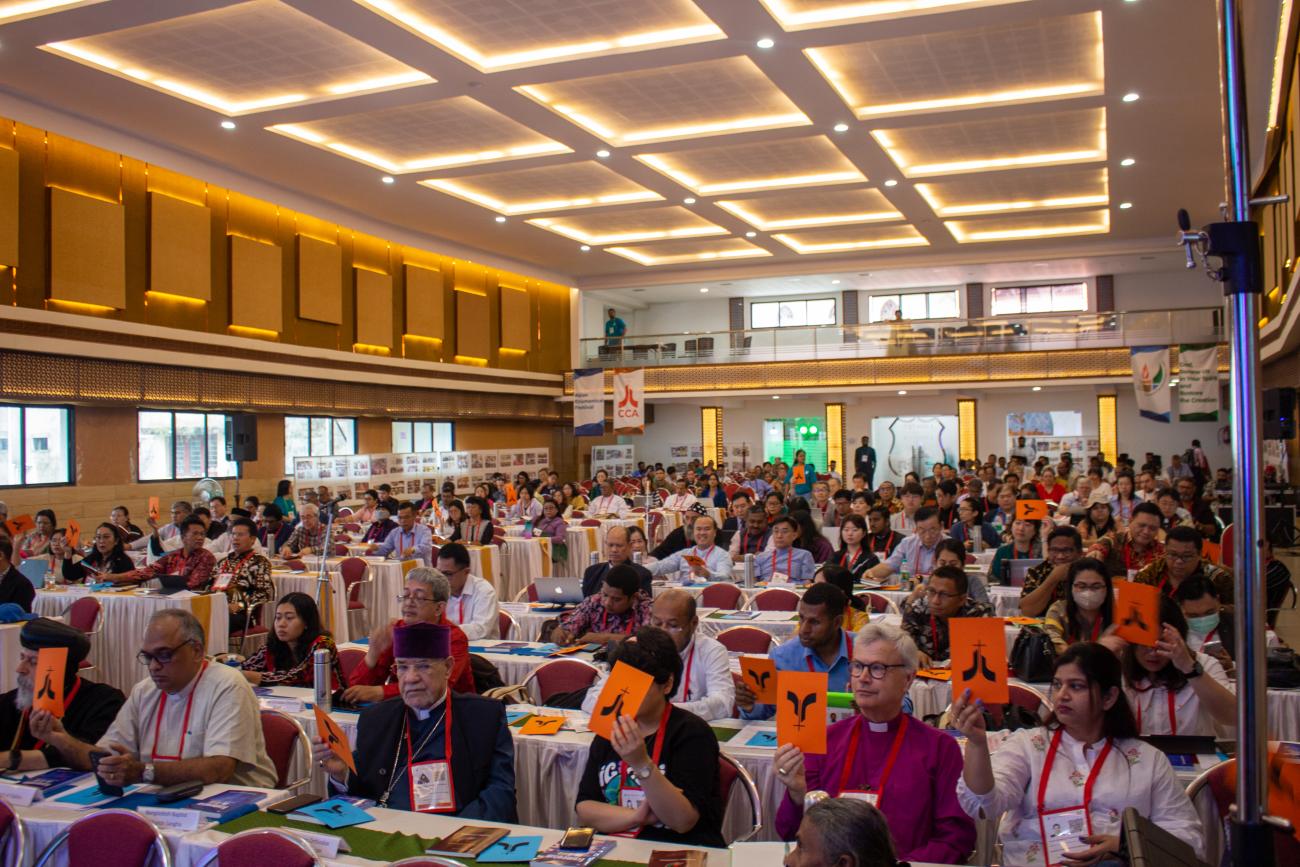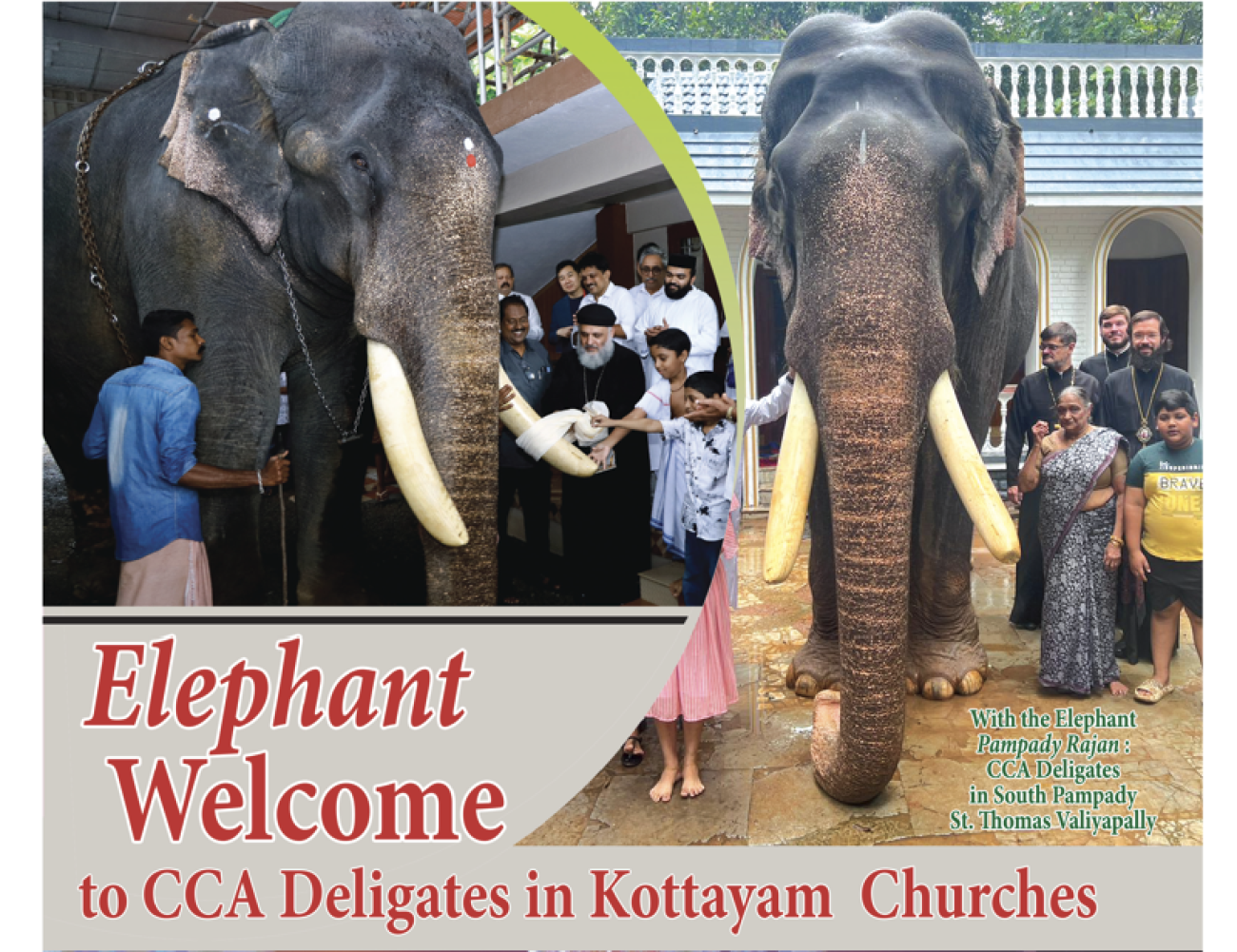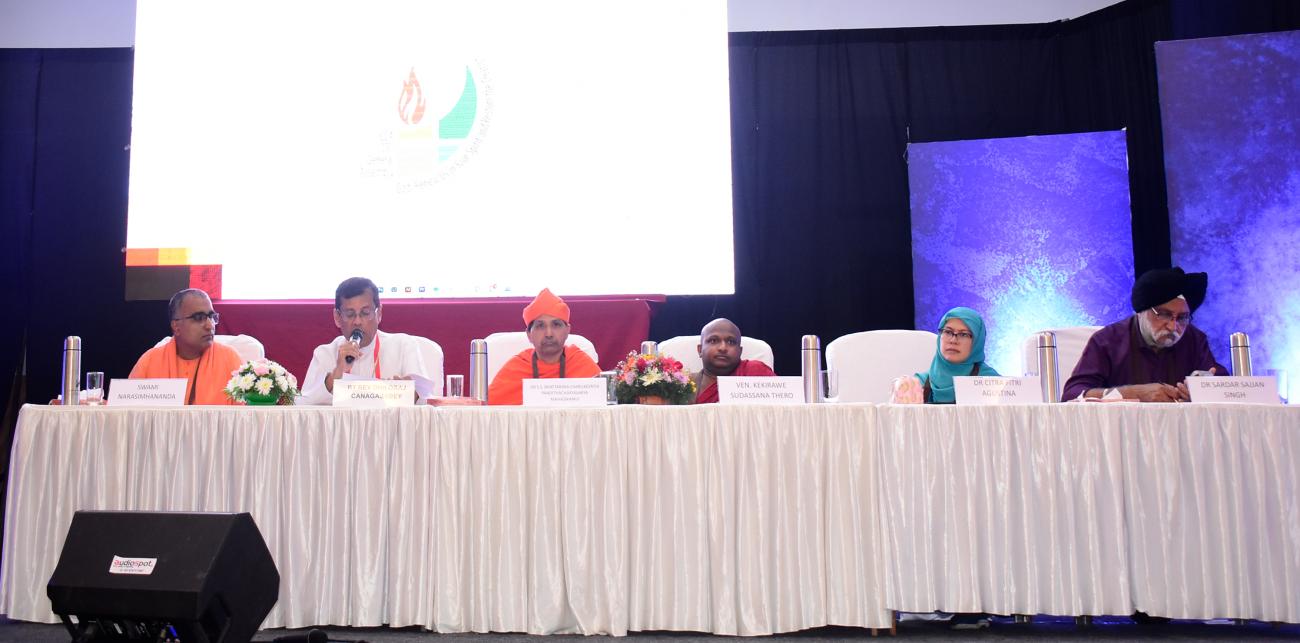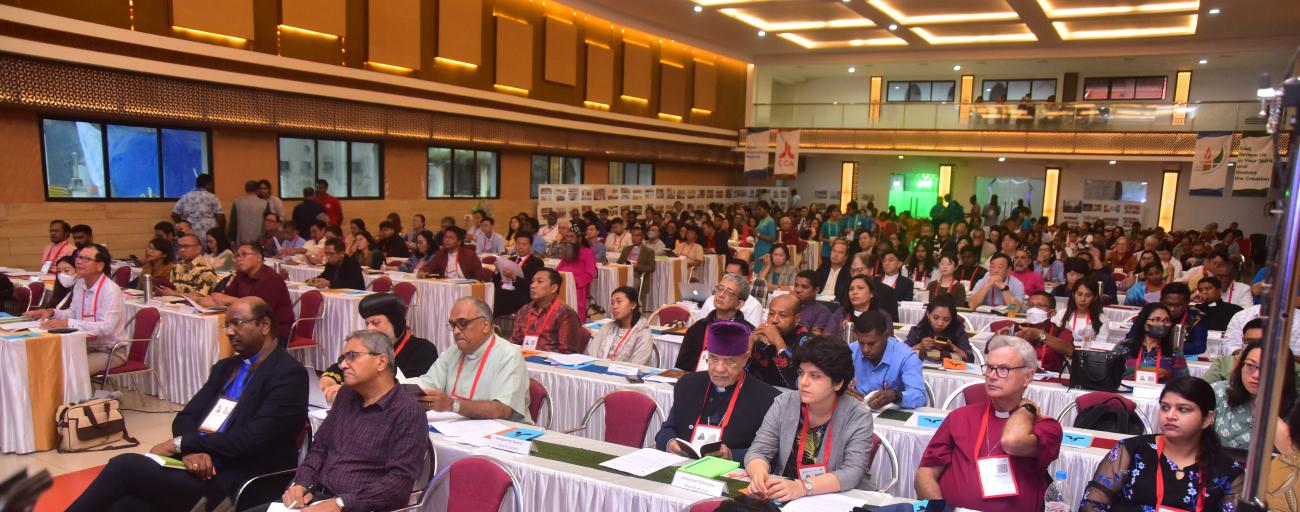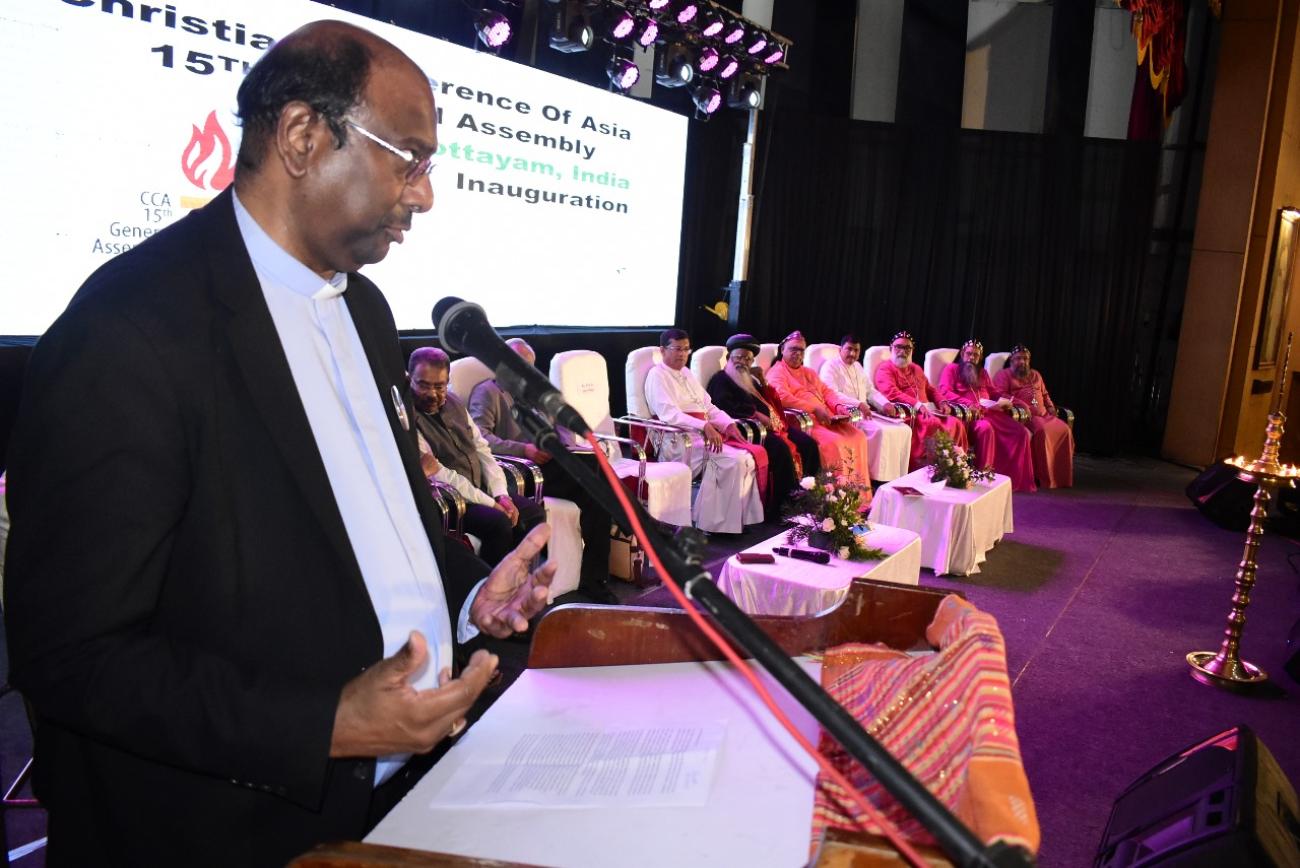Vistas of Peace: Acting on Water

A Samaritan woman came to draw some water, and Jesus said to her, 'Give me a drink of water...' The woman answered, 'You are a Jew and I am a Samaritan -- so how can you ask me for a drink?' [John 4:7, 9]
Jesus answered, 'Whoever drinks this water will be thirsty again, but whoever drinks the water that I will give him will never be thirsty again. The water that I will give him will become in him a spring which will provide him with life-giving water and give him eternal life.' [John 4:13-14]
There are many issues that theologians can pick up from the conversation of Jesus and the Samaritan woman in John 4. Indeed, there is an inter-layering of many issues -- e.g. gender, racial/ethnic, cultural, theological and religious differences. But for now, I would like to take the perspective of water as an issue in itself. Water is a basic human need that cuts across all human differences. Everybody needs water and people will do all they can to have access to water.
Access to water however is often obstructed due to various factors. In Asia, certain castes are not allowed to drink from just any water source; some women have to walk long distances to get to a clean water source; water is becoming a too expensive, handy (bottled), and privatized but not necessarily healthy commodity.
In our task of theologizing, we may readily speak about water as a religious symbol or biblical image for Christ (i.e. life-giving water that quenches our thirst forever) and leave out water as the matter that is scientifically known as H2O. But today, as we consider facts about overuse, pollution and depletion of water sources, we know that such type of theologizing is not going to solve this serious problem. For so long we have taken for granted that water is an infinite resource. But scientists and environmentalists warn us that ground water takes an average of 1400 years to be replaced!
The United Nations has declared every March 22 as World Day of Water (WDW). At the rate of water depletion going on, some people have predicted that the next war would be over water. This is a real threat to life, a cause for more unpeace in the region and throughout the world.
The theme for this year's WDW observance is 'Water and Culture'. In Asia, water is especially significant for the different cultural and religious communities. Water is associated with religious rituals throughout the life cycle -- from birth rituals to cleansing and purification, death and funeral rites, and rebirth. Beyond the religious meanings of water, and the healing properties attributed to it, another fact to reckon with is that water can also be a destructive force -- such as flood, typhoon, hurricane or tsunami. Unfortunately, some people theologize this too easily as punishment or judgment by a punitive God on certain people.
Instead of resorting to such too easy theologizing, I think what we need in this time and age is a solid understanding of the nature of water (its limits and possibilities). The kind of theologizing we need is that which affirms our interconnectedness to it and which issues in concrete forms of responsible stewardship of the earth's resources for the sake of all life in God's world.
"Vistas of Peace" are occasional reflections produced by the
Faith, Mission and Unity Program Area of the Christian Conference of Asia.


